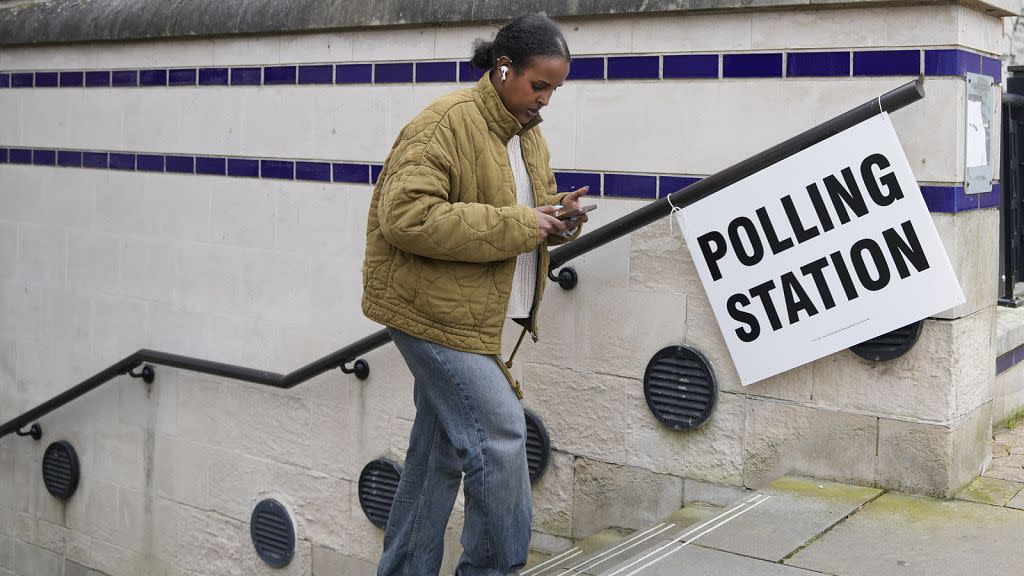UK general election: Polls open across the country in high-stakes vote

Polling stations in 650 constituencies across England, Scotland, Wales and Northern Ireland opened at 7am local time on Thursday morning, in the first UK general election since the country's formal exit from the European Union.
Voting is set to continue until 10pm local time, when a first estimate of results based on exit polls is published.
Results will then roll in overnight, with most local constituencies expected to announce their winning candidates in the early hours of the morning.
Conservative Prime Minister Rishi Sunak is expected to vote in his constituency of Richmond and Northallerton in Yorkshire, while Labour leader Keir Starmer will cast his ballot in his London seat of Holborn and St Pancras.
It is the first vote since constituency borders were redrawn in 2023. That review saw England gain ten seats, while Scotland and Wales lost two and eight seats respectively. There were no change to Northern Irish seat numbers.
It is also the first general election where voters must remember to bring photo ID to be able to cast a ballot. Back in May, former Prime Minister Boris Johnson was turned away from a voting station in local council elections after forgetting the new rule.
Many have already voted by post, despite reports some voters had not received their ballot papers by post on the eve of election day.
Scottish politicians have been quick to censure the delay. Many schools in Scotland have already broken up for the summer, meaning families that have travelled for holidays abroad and had hoped to vote by post before leaving couldn't do so.
How does the UK general election work?
There are 650 seats in the House of Commons up for grabs, one representing each local constituency, or electoral district.
People vote for who they want to represent their constituency in the House of Commons. Candidates run on their constituency list independently or, more usually, representing political parties.
The UK uses an electoral system called first-past-the-post, which means that the single candidate that gets most votes in their constituency becomes an MP. It also means that parties can scoop up a big percentage of the national vote, but still fail to get any seats if they don't finish first anywhere.
The party with a majority of seats in parliament, at least 326, then typically forms a government.
When will we know the results?
An exit poll will be unveiled by British broadcasters at 22.00 BST, which offers an estimate, usually fairly accurate, of the seat allocation based by a survey of voters leaving 133 polling stations across the country.
As constituencies across the country confirm their results, it will become clearer throughout the night if the exit poll was correct. The results should be confirmed by around 6.30am local time on Friday.
UK election: Party leaders make last-ditch bid for votes as campaign ends
No re-joining but renewed ties: Would a Labour election win bring UK and EU closer together?
Keir Starmer vows to re-negotiate 'botched' post-Brexit trade deal with the EU
Why the EU should be watching closely as the UK prepares to head to the polls
UK election: Cost of living and chronic housing shortage on voters’ minds


